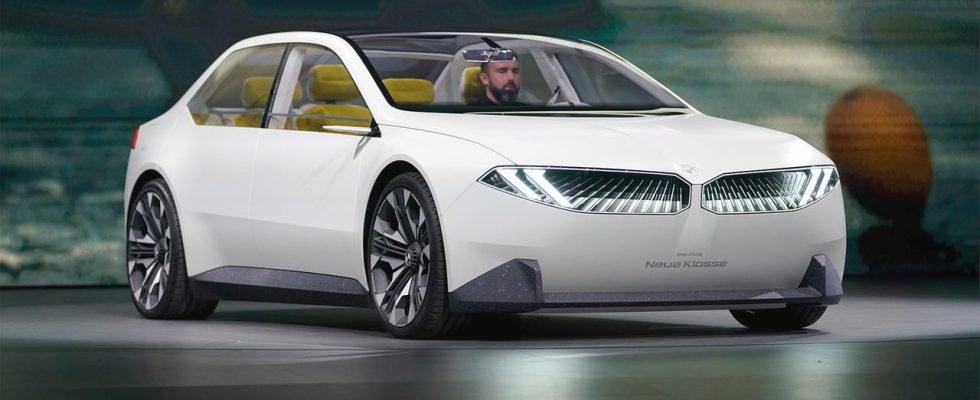After the allegations against a BMW supplier, investors are now demanding quick action from the car manufacturer. They fear a violation of the German supply chain law.
After the serious allegations against a supplier to the Bavarian car manufacturer BMW, well-known investors are increasing the pressure. Deka Bank, Union Investment and the Working Group of Church Investors (AKI), among others, are pushing for BMW to immediately find ways to bind its suppliers to respect human rights and environmental standards.
“The allegations are very serious,” says AKI managing director Antje Schneeweiß. It’s about danger to life and limb, and a lot of people are affected. Around 1,000 people work in the mine. In addition, the residents in the area around the mine are apparently exposed to high levels of arsenic pollution in the water and air.
Research by NDR, WDR and “Süddeutscher Zeitung” (“SZ”) together with the French medium “Reporterre” and the Moroccan medium “Hawamich” had pointed to massive human rights violations and environmental damage in the area around a mine in Morocco. Since 2020, BMW has purchased around twenty percent of its cobalt for electric car batteries from this supplier.
“A little weak”
When asked by the media, the mine operator flatly denied the allegations. BMW, on the other hand, had announced that it would ask the operator to measure environmental pollution and announced countermeasures if arsenic pollution in various bodies of water was confirmed.
Schneeweiß considers BMW’s announcement that it will now request measurements of environmental impact from the mine operator to be “a bit weak”. Instead, she calls for an independent investigation. BMW should now team up with other customers of the mine and ensure that the conditions there change fundamentally, said Schneeweiß.
BMW is actually a pioneer
Henrik Pontzen from the asset manager Union Investment also demands this NDR, WDR and “SZ” that BMW is now taking action. “This is unacceptable for the region and the people who work there and does not comply with the regulations,” says Pontzen. However, he also points out that BMW is considered a pioneer in the industry and is working comparatively intensively on building sustainable supply chains.
Other car manufacturers continue to source cobalt from the Congo or China, and the situation there is almost certainly even worse. “But that doesn’t relieve BMW of its responsibility,” said Pontzen. For Ingo Speich from the savings bank subsidiary Deka, the reports about the grievances at the BMW supplier in Morocco represent legal and reputational risks to which BMW must explain itself.
In their criticism, the investors refer to previous discussions with BMW about the risks of cobalt mining. But they also know that the German supply chain law is on their side. This defines mining – especially that for critical raw materials such as cobalt – as a high-risk area in which companies must examine their supply chains particularly carefully.
Arguments for European Supply Chain Act
BMW apparently did not carry out this check carefully enough, says Miriam Saage-Maaß from the human rights organization ECCHR. The described conditions in the Moroccan cobalt mine Bou Azzer would be in conflict with the German supply chain law. This is also what the development policy spokeswoman for the SPD in the Bundestag, Sanae Abdi, thinks. She described the results of the research as worrying and called for investigations by the responsible authority, the Federal Office for Export Control (BAfA).
Regardless of these investigations, BMW must immediately talk to the supplier and remedy the grievances, demanded Green MEP Anna Cavazzini. The case is a test case for the German supply chain law and once again makes it clear how important it is that the European supply chain law is now launched quickly.

